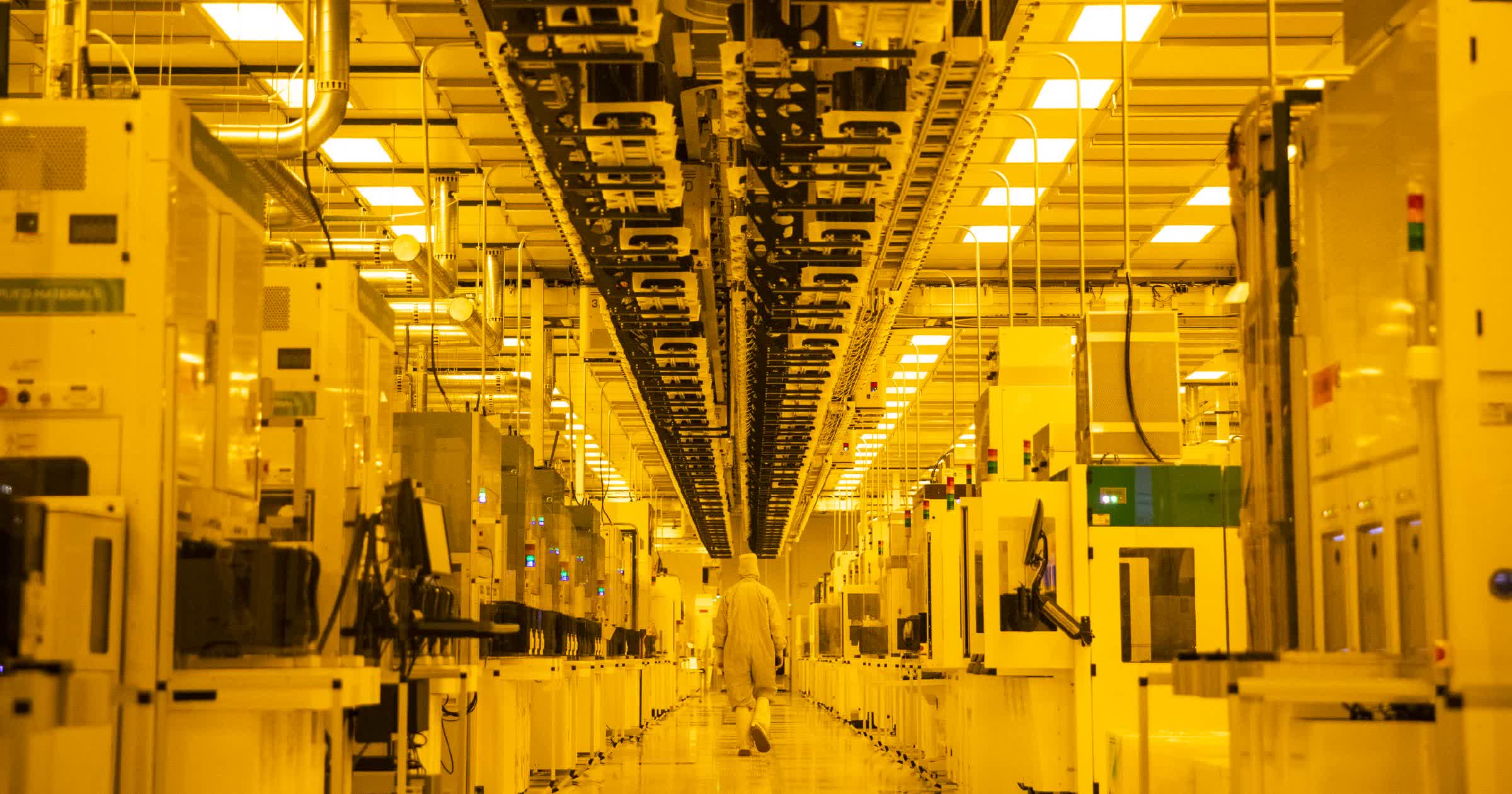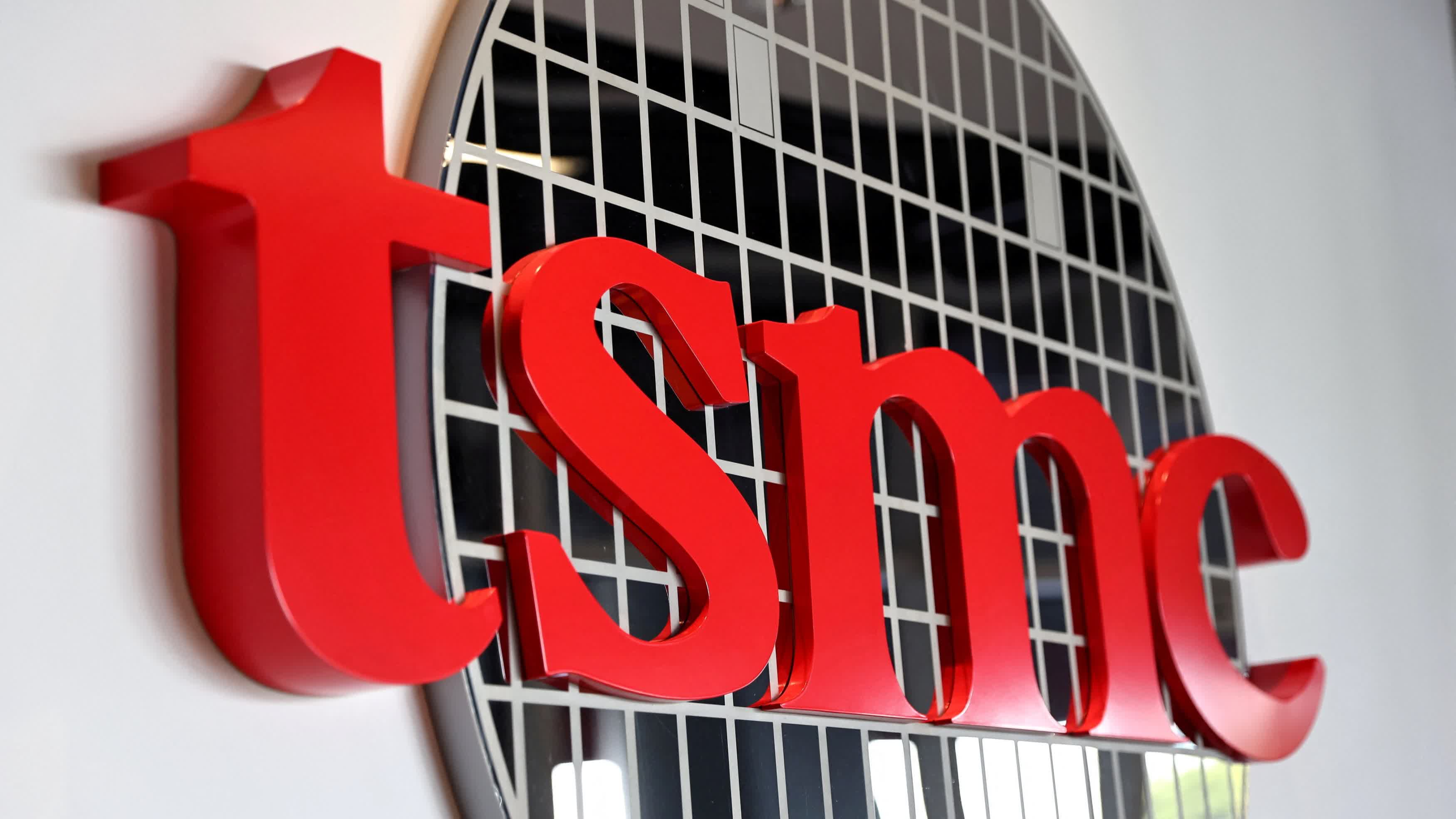Bottom line: TSMC plans to invest in constructing new semiconductor manufacturing plants in the US, Germany, and other global locations. However, expanding chip production abroad entails significant additional expenses, which will inevitably be transferred to end customers.
TSMC's CEO recently stated that microchips produced outside of Taiwan, including those in the US, will incur higher manufacturing costs. The Taiwanese foundry is currently expanding its production capacity globally, but this move will necessitate a revised pricing strategy to align with shareholder interests.
During discussions with shareholders, CEO C.C. Wei acknowledged that the company faces increased costs associated with its international expansion plans. These elevated expenses are attributed to factors such as inflation, energy costs, and other operational considerations. Consequently, TSMC anticipates sharing these additional costs with its customers, with initial discussions already underway.
Wei indicated that customers may incur a premium for chip production in specific regions. TSMC has previously highlighted the challenges of establishing chip fabrication facilities outside Taiwan, citing higher construction costs, operational expenditures, labor negotiations, and other related factors.

TSMC's senior vice president, Wendell Huang, highlighted the company's primary objective of maintaining a long-term gross margin of 53 percent. Despite TSMC's ambitions to expand globally, achieving this goal remains a top priority. This focus on profitability is likely driving the company's discussions about anticipated higher costs and shared expenses.
Huang expressed concern about the current fragmented state of globalization, foreseeing increased costs not only for TSMC but also for its customers, competitors, and the wider industry. TSMC aims to mitigate these additional expenses through a targeted pricing strategy that reflects the value of geographic flexibility.
To support its overseas ventures, TSMC plans to collaborate with government entities, potentially seeking financial assistance and subsidies to sustain these operations. Furthermore, the company is banking on its technological leadership in the chip sector, leveraging extensive manufacturing capabilities unmatched by any other competitor.
Huang did not provide specific details regarding the projected increase in costs for overseas chip manufacturing. However, recent estimates suggest that chips produced at TSMC's new Arizona facility (N5, N4 nodes) could be 20 to 30 percent more expensive than those manufactured in Taiwan.
